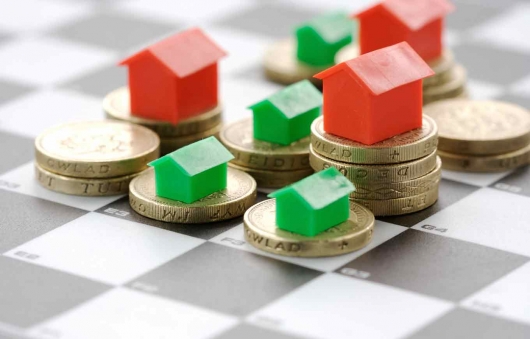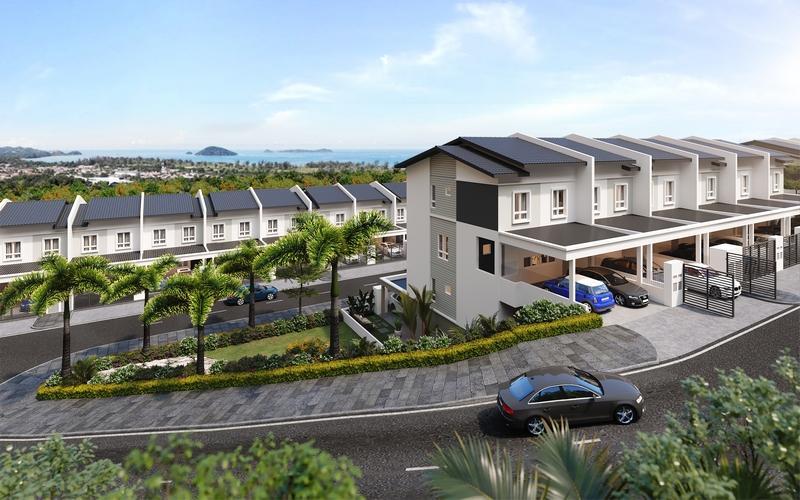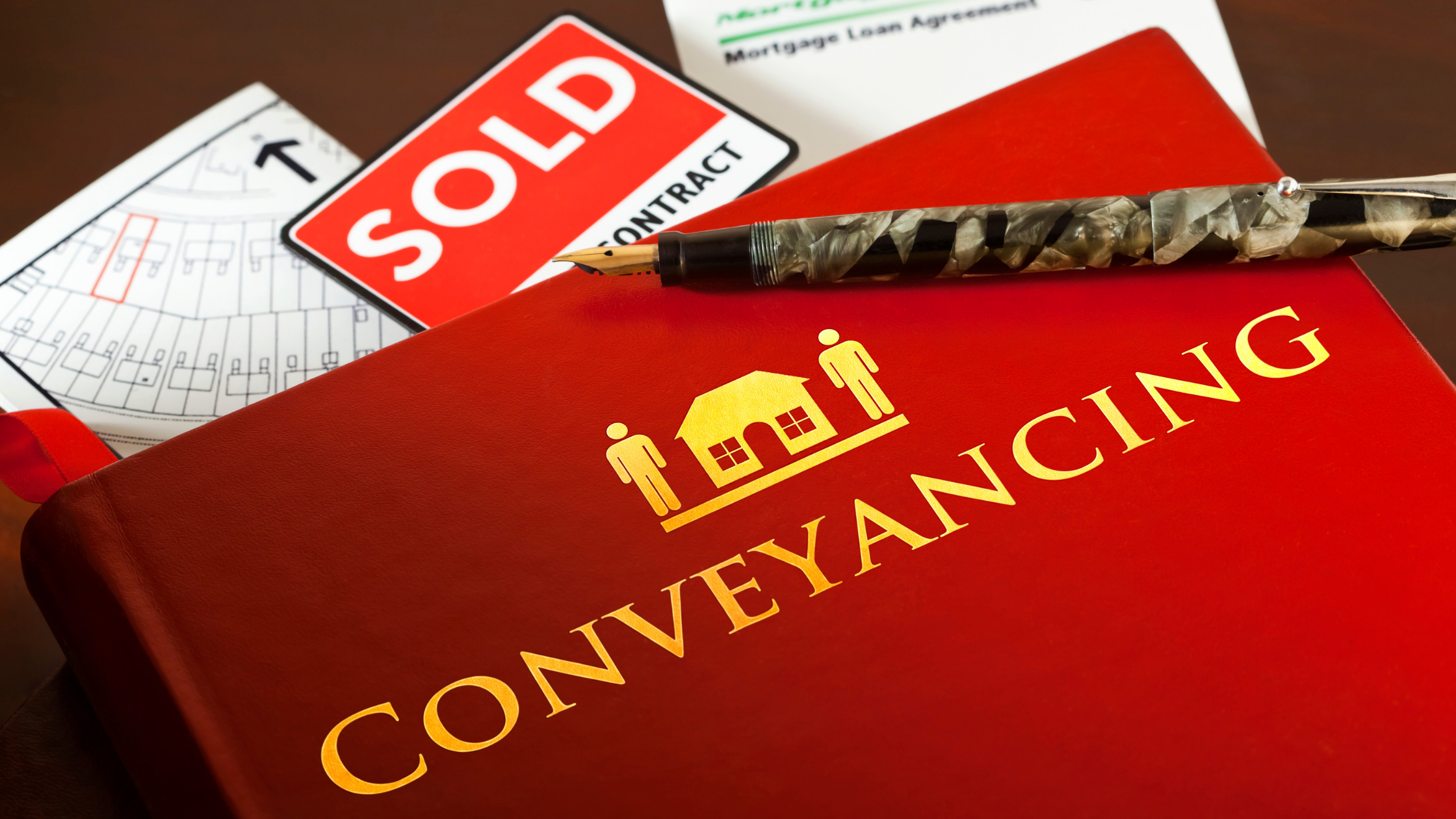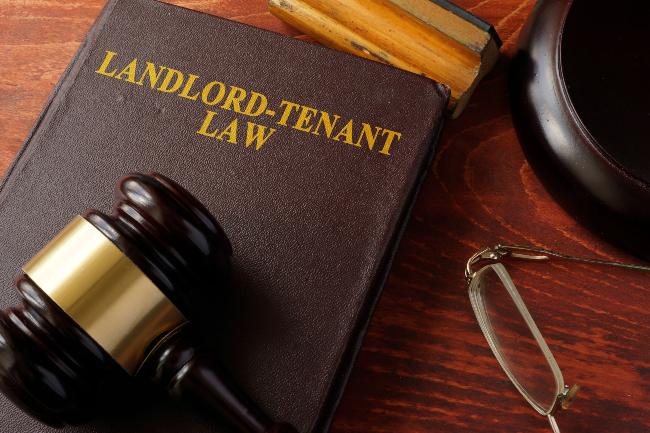Here, you'll learn about: property that best suits your needs, your investment returns, the difference between leasehold and freehold, strategic locations, how to get your capital and what are the limitations for foreigners in Malaysia.
Looking into real estate for the first time? While it might seem daunting, property investment in Malaysia can be a rewarding endeavour provided you take the time to do your research.
To get you started, here is a primer on the basics of what you need to know before signing the dotted line.
1. Not Just Houses: Choosing Your Kind Of Real Estate

While the residential property is often a first-timer’s choice, you should also consider other types of properties.
Many investors cite rental income as a reason to invest in housing, but commercial properties could offer better earning potential.
Businesses would pay more in rental earnings over the long-term, though of course, the capital outlay would be higher. That would, however, be offset by lower maintenance costs.
Besides commercial properties, you can also look into retail investments or industrial properties.
Despite comments that there is an oversupply of properties in the retail section as of end-2018, demand for these properties are nevertheless still high.
Investors should however note that retail properties are not meant to be short-term investments, but for those who intend to hang onto a property for the longer term.
The attraction of industrial real estate assets is that as far as leases go, rental periods tend to be longer than for residential units and usually require less upkeep and initial outlay.
Think warehouses or storage facilities for instance, which are simpler to operate and maintain as compared to an office block.
It’s not about which asset type is ‘better’; it’s about your goals. Is it primarily about asset acquisition and value appreciation, or is about generating income? Ensure your goals align with your purchase.
2. Making Money Off Your Purchase

Real estate requires a lot of capital and yet still attracts plenty of investors. Despite the high capital requirement, many still consider real estate a viable means of income generation.
One means is via property value appreciation - buying low to sell high. This would require a fair amount of legwork and a keen understanding of the real estate market.
Collecting rental income is also a proper strategy, often used as a means for an asset to pay for itself - offsetting loans taken (if any) for its purchase.
Which strategy should you go for? It depends entirely on your own level of comfort. Both strategies have their own strengths and weaknesses, with the inherent risk involved.
Do you buy property in hopes it will be more valuable later or do you instead choose to rent it out for lower, but more long-term, return? This will help inform your buying decision.
3. Leasehold And Freehold

Where investment in property in Malaysia is concerned, generally freehold is considered the better option over leasehold.
Freehold land is simply land which is dispensed to an owner for an indefinite time, while leasehold titles come with a limited tenure - usually not exceeding 99 years.
Freehold titles mean the owner of said titles do not need to worry about the tenure of their land expiring, unlike leasehold titles.
Renewal of leasehold titles once the lease expires can often be an expensive affair.
Why then do some people choose to invest in leasehold when starting out?
For the most part, leasehold properties are cheaper to acquire although the process of transfer of ownership can be lengthier and more hassle than freehold.
The exception is if it is purchased directly from a developer or on the primary market.
Freehold titles are often far more expensive and limited in availability, which also makes them extremely desirable.
Thus they could be something to either aspire to later, once you’ve acquired more experience (and assets) in the real estate market.
4. Location Matters

Whatever type of real estate you choose, location is perhaps one of the most important considerations.
Prime spots are of course expensive, so many real estate investors instead look for potential locations with upcoming developments.
Sentul, for instance, has now attracted interest in homebuyers with its close proximity to the city centre.
Despite a previous reputation for high crime rates it now houses upmarket condos and is easily accessible via public transportation.
A little diligence will also help you gauge the property values as well as the kind of rental income you can reasonably expect.
There was previously a glut of high-end condos in Kuala Lumpur’s Golden Triangle area, with too many buyers paying far too much in expectation of being able to charge high rents.
Moral of the story: don’t be too quick to follow trends or you might end up being caught in a property bubble. Think long-term and really know just what you’re getting into.
5. Getting The Capital

Property is expensive and in most cases, you will probably need a loan to make a purchase. Your best bet would likely be a bank loan.
Note that in Malaysia, banks will fund at most 90% for your first two properties and only 70% for properties from then on.
Whatever loan you end up with, you will need to budget for a downpayment, legal fees and other administrative charges you might end up bearing.
If you choose not to buy a new property, you will also have to consider any remodelling/renovation costs.
6. Buying A Property As A Foreigner

It isn’t actually hard delving into property investment in Malaysia if you’re not local, so long as you meet certain criteria.
Compared to the super-high prices in Hong Kong and Singapore, Malaysian real estate can seem like a bargain.
Foreigners, while allowed to own 100% of the purchased property, have limits on what they can purchase.
Property not available for foreign buyers includes low and medium cost residential units, properties valued below RM600,000 (in most states), as well as properties built either on Malay Reserved land and also real estate deemed as distributed to Bumiputera interests.
Apart from those limitations, foreign buyers may purchase any kind of real estate whether residential, commercial, industrial or retail.
To sum up, know your priorities as a real estate investor and go in with both eyes open. Know just how much you can afford to invest and make sure you’re not paying too much.
In the end, it’s about practicality, pragmatism and patience. Understand that real estate is about the long game and not about quick returns, and you’re halfway there.
_PH_Banner_(Desktop)(1200x180px).png)
.jpeg)
.jpg)


.jpg)



.jpg)
.jpg)
.png)

.jpeg)
.jpg)
